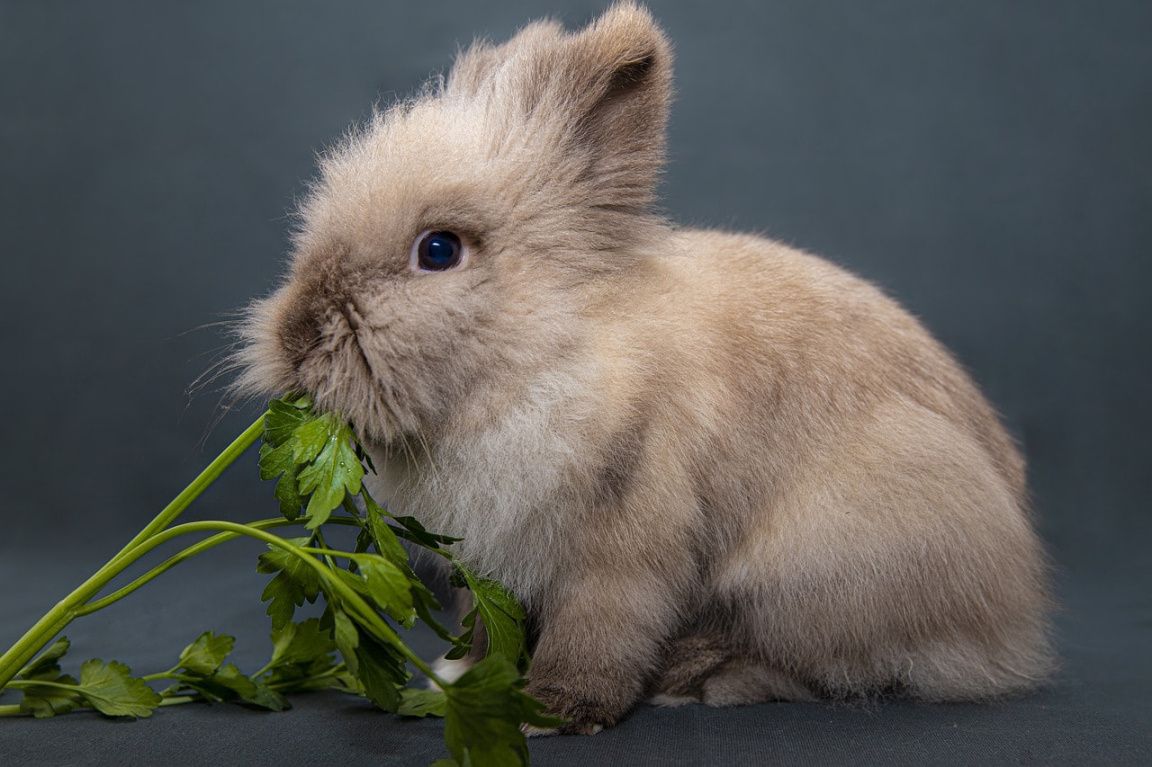Is a Rabbit An Omnivore?
When it comes to classifying animals based on their diet, we often hear terms like herbivore, carnivore, and omnivore. However, there seems to be some confusion regarding rabbits and whether they fall into the category of omnivores. To unravel this mystery, let’s take a closer look at the eating habits of these adorable creatures.

Rabbits: Natural Herbivores
Rabbits are primarily classified as herbivores, meaning they primarily consume plant material. In their natural habitat, rabbits primarily feed on grass, leaves, and other plant parts. Their digestive system is specifically designed to break down fibrous plant material, allowing them to extract the necessary nutrients from their diet.
Key Points:
- Rabbits are natural herbivores.
- Their diet consists mainly of grass, leaves, and plant parts.
- Their digestive system is adapted to process fibrous plant material.
Occasional Omnivorous Behavior
While rabbits are classified as herbivores, it is worth noting that they may exhibit occasional omnivorous behavior. In certain situations, rabbits may consume small amounts of non-plant material, such as insects, small invertebrates, or even their own feces. However, these instances are relatively rare and typically occur under specific circumstances.
Key Points:
- Rabbits may exhibit occasional omnivorous behavior.
- They may consume small amounts of non-plant material in specific situations.
- These instances are relatively rare and not a significant part of their diet.
The Importance of a Balanced Diet
While rabbits are primarily herbivorous, it is crucial to provide them with a balanced and nutritious diet to ensure their overall health and well-being. Their diet should consist of a variety of fresh vegetables, hay, and a small amount of pellets specifically formulated for rabbits. This balanced diet provides the necessary nutrients, vitamins, and minerals for rabbits to thrive.
Key Points:
- A balanced diet is essential for the health of rabbits.
- It should include fresh vegetables, hay, and rabbit pellets.
- This diet ensures the intake of necessary nutrients, vitamins, and minerals.
Frequently Asked Questions (FAQs)
Can rabbits eat meat?
No, rabbits are not carnivores and should not consume meat. Their digestive system is not designed to process animal protein efficiently, and it can lead to digestive issues or other health problems.
Why do rabbits sometimes eat their own feces?
Rabbits practice a behavior called coprophagy, where they consume their own feces to extract essential nutrients that were not fully absorbed during the initial digestion process. This behavior is a natural and necessary part of their digestive cycle.
Do rabbits need a constant supply of hay?
Yes, hay is an essential part of a rabbit’s diet. It helps maintain their dental health, provides necessary fiber for proper digestion, and keeps their gut moving efficiently. Rabbits should have access to fresh hay at all times.
Can rabbits eat fruits?
While rabbits can eat certain fruits, they should be given in moderation as treats. Fruits contain high amounts of sugar, which can lead to obesity and other health issues if consumed excessively. Always introduce new foods gradually and monitor your rabbit’s reaction.
Rabbits are fascinating creatures with unique dietary needs. While they are primarily herbivores, occasional omnivorous behavior can be observed. However, it is crucial to provide them with a balanced diet that consists mainly of plant material. Remember to consult with a veterinarian for specific dietary recommendations for your pet rabbit.
To sum up, rabbits are classified as herbivores due to their natural inclination to consume plant material. Although they may display occasional omnivorous behavior, it is not a significant part of their diet. Providing a balanced and nutritious diet is essential for the health and well-being of these adorable creatures.
Related Articles…
Copyright Notice:
The images displayed here are sourced from the internet, with copyrights held by respective owners. For removal of any copyrighted image, please email us.